Three sisters from Vitsebsk on protests, being in prison, and changes
16 March 2021 | Tatsiana Karavenkava, NAVINY.BY
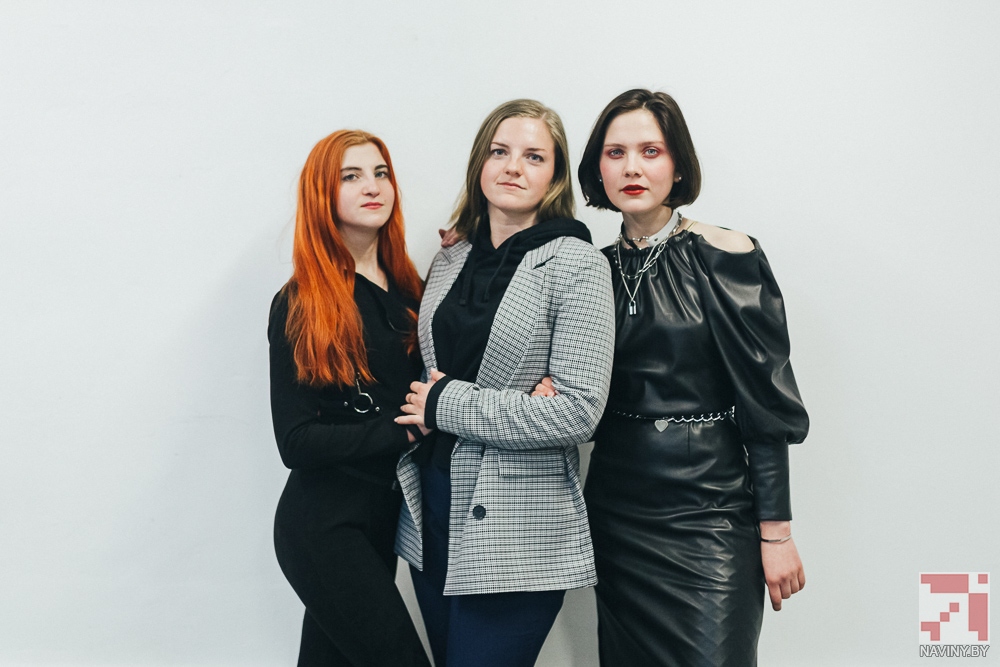
The Tsiarentsieu sisters are girls with an active civic stance. All three were repeatedly arrested after the presidential elections and received both fines and multiple days’ detentions. But this did not diminish the sisters’ desire to be part of the process of change.
Sisters Stanislava, Karalina and Safiya Tsiarentsieu live in Vitsebsk and participate in various civil initiatives and projects. In July 2020, they created their own initiative, “Zadvizh_ka”, which aims at raising awareness about additional education, anti-discrimination and domestic violence. But the events that followed the presidential elections made adjustments to the lives of the sisters.
The eldest of the sisters, Stanislava, graduated from Polatsk State University with a degree in tourism and hospitality. Now she works in Vitsebsk as a coordinator in one of the public organizations involved in the implementation of various local initiatives.
Karalina is a veterinarian at a city animal shelter. And in her free time, she helps organize charitable projects.
The youngest, Safiya, studied at a college in Vitsebsk, a branch of the Belarusian State Technological University, but at the end of October last year she was expelled from her second year. According to Safiya, the reason for this was her active civic stance. Like her sisters, she is also involved with noncommercial organizations. In particular, she participates in the work of the Belarusian National Youth Council RADA and the Closet Free LGBTQ+ initiative in Vitsebsk.
The three sisters share more than 10 arrests, fines totaling almost 40 basic units (around 370 euros) and 27 days of detention
“I am the champion in terms of time spent in detention,” Karalina states confidently.
“This is because you were given 15 days of detention in one go,” says Safiya who was arrested three times. In total, she spent 12 days in detention.
Stanislava was the first to be arrested. This happened on 12 August, when, together with other Vitsebsk women, she went out into the streets with flowers.
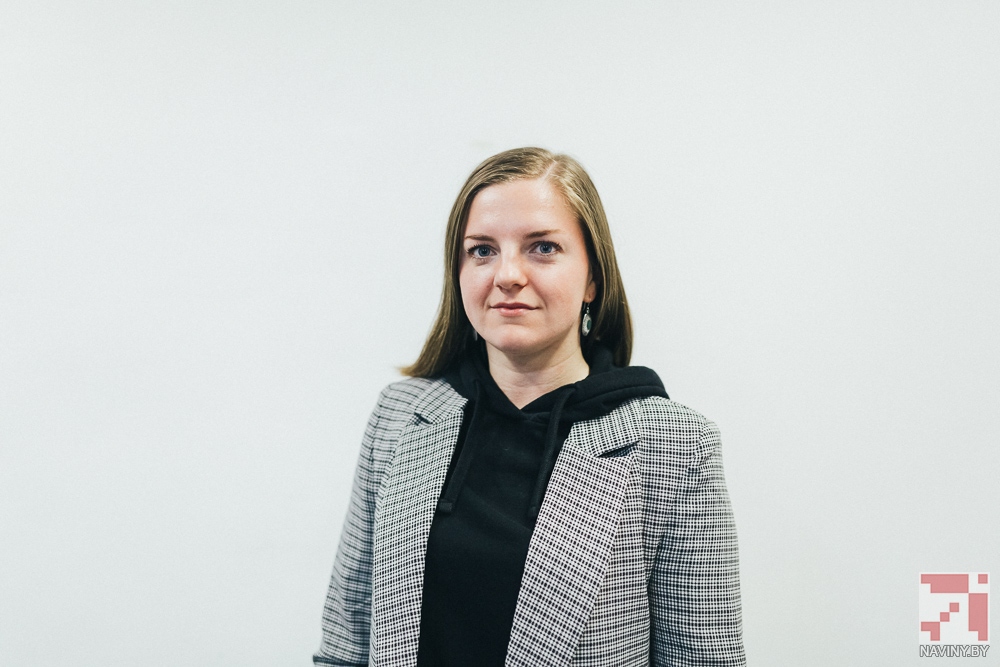
“Following the example of Minsk, we also decided to make a solidarity chain,” says Stanislava. “We stood for five minutes, that’s how long it took for the bus, which was parked on the other side of the street, to turn around and pick us up. We were held for five hours at the police station.”
The police drew up a protocol, set a date for the trial and let everyone go.
“I went on trial for participating in a rally and for allegedly having a white-red-white banner,” Stanislava says. “All my arguments that it was the Swiss flag, that I have it with me, all that was irrelevant. I was fined 12 basic units (around 110 euros).”
Stanislava was arrested again in October when she and her friends were walking around the city. The girls were carrying flowers.
“They stopped us, checked our documents and said that we had stolen these flowers from the city’s flower beds, that we were suspected of stealing public property. I have it written this way in the protocol,” Stanislava laughs.
The girls were held for several hours at the Kastrychnitski district police office and Stanislava’s phone was seized.
“Allegedly for non-payment of the previous fine, but the fact is that I appealed the decision of the court of the first instance and waited for the appeal to be considered, but no one was interested, they just would not give me the phone back,” Stanislava notes.
The last arrest was the most unpleasant when OMON came to a private house outside the city, where Stanislava and her friends had gathered for a Halloween party. By the time the special forces had arrived, some of the guests had already left, some were asleep. According to Stanislava, she woke up when three riot policemen burst into her room.
“At the Kastrychnitski district police office, where we were all brought to, I was told that I was organizing political events. We were also told that there were allegedly some leaflets at the location where we were arrested, that we were using and distributing drugs,” says Stanislava.
Since they were detained on suspicion of drug use, a medical examination was carried out. Stanislava also independently passed tests in a private laboratory.
“I did it on purpose in order to be able to defend myself if something happened,” she clarifies.
The results of the medical examination, which came a month later, showed that there were no traces of drugs in her blood.
“The case has not been initiated, since there is no corpus delicti. It was an act of intimidation, when riot police arrived at night, broke down doors, kidnapped people,” Stanislava says.
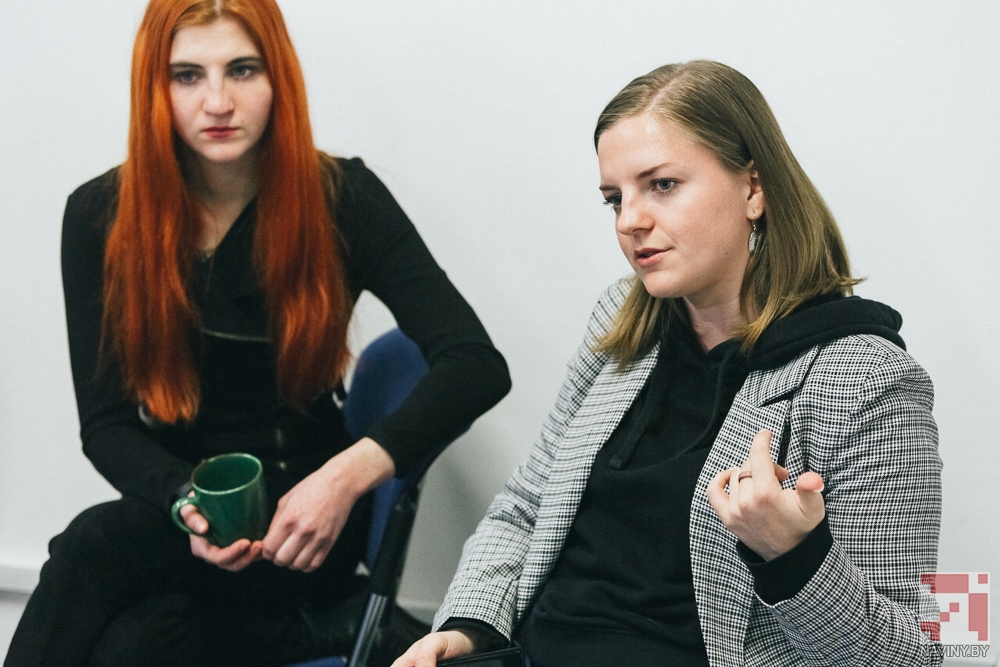
She also notes the “love of Vitsebsk police officers for making films”. A propaganda Telegram channel published footage of her arrest, which neither she nor her lawyer had seen before, but the video ended up online. The video also reported about syringes allegedly found in the house, which could contain drugs. The filmmakers, of course, did not specify that the results of the examination were negative.
According to Stanislava, after this video, many people contacted her with words of support.
“But there were also many who wrote nasty things and wished me death. And often these people who offer a different perspective on life are very intrusive,” she says. “And that’s the other side of the coin. We also need to draw attention to the information war waged by the authorities. This has a very strong effect on productivity, on the mental state, because a person is simply being bullied.”
Karalina, who had to serve 15 days, was arrested twice. In October, she went to court with friends to support those who were being tried under administrative charges. Two white-red-white stickers were found in her passport and she was detained on suspicion of putting similar ones on the courthouse.
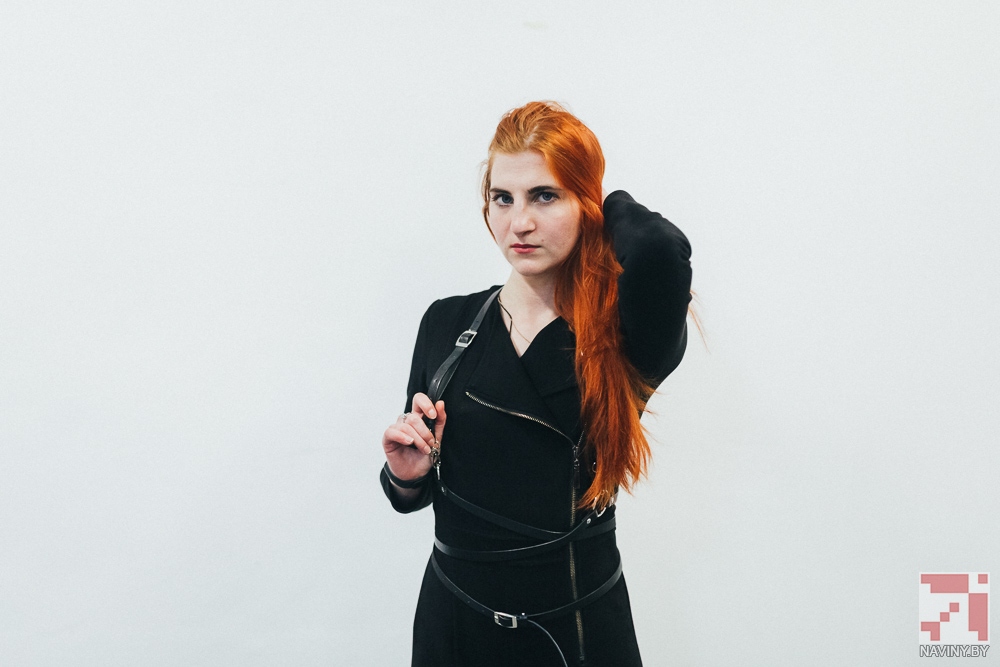
The Kastrychnitski police office drew up a protocol under Article 21.12. “I had no idea what this article was,” says Karalina. It turned out that it is about violation of the rules for the improvement and maintenance of populated places.
“They gave me the protocol to read, and then to sign the acquaintance with my rights. And I was so indignant: ‘Where is my phone call?’ And I was allowed to call my family and tell them that I was arrested. But they already knew. In total, I spent three and a half hours at the police office, then they let me go,” Karalina says.
As a result, there was no trial, and the case was closed due to a lack of evidence.
The second time, she received a call from the police asking her to come and get her phone, which she had allegedly lost.
“I was surprised because I didn’t lose my phone, but the caller said: ‘If you don’t come now, I’ll come for you myself.’ I decided that I’d rather go myself,” says Karalina. “And there they filed me under Article 23.34. Despite the fact that I did not participate in any mass event. Before the trial I spent the night in the detention center, then the trial went on all day and I was given 15 days’ detention.”
Safiya was arrested five times.
“The first two times it happened in the college where I studied. And both times during English classes,” says Safiya. “Both times it was for participation in peaceful protests. According to the first protocol, I served two days before the trial, and then the court charged me the same two days. Under the second protocol, I was fined two basic units.”
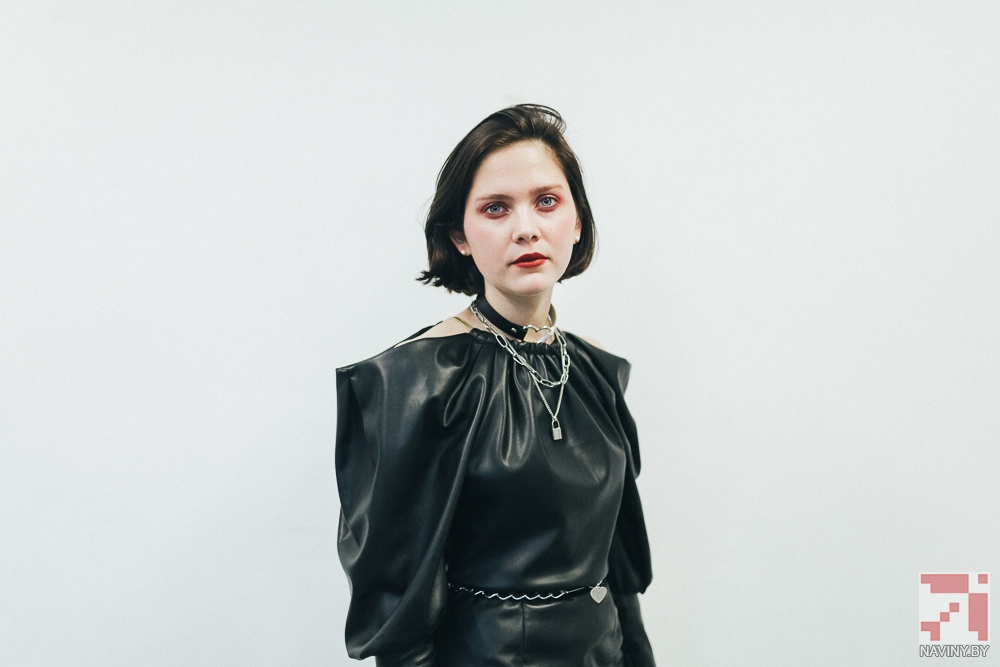
Then she got arrested for picketing. Safiya stood in the hall of her college with a poster on which there was an image of the brutal detention of one of the students of the Vitsebsk Medical University and the inscription read “Is this normal?”
“I wanted to hear what our teachers and administration think about what’s going on,” explains Safiya. “On that day I was expelled and arrested, then the court charged me with a fine of 25 basic units (about 230 euros).”
Another protocol was drawn up against her for picketing in support of human rights activist Marfa Rabkova, whom Safiya knows well and who has been in the KGB pre-trial detention center for several months.
“The court closed that case for some reason, concluding that I did not take part in picketing. Now I can say that I was there, since two months within which you can be held liable under administrative law have already passed,” notes Safiya.
Safiya was also arrested for participating in a courtyard rally in January this year.
“I was almost home when riot police arrested me. I ran very fast, but I slipped and fell. It was very disappointing,” Safiya says. “Then there was a long and unpleasant night before the trial, with law enforcement officers making jokes about rape. They thought it was very funny. One man that also got arrested that night was beaten up. Then the court sentenced me to seven days’ detention.”
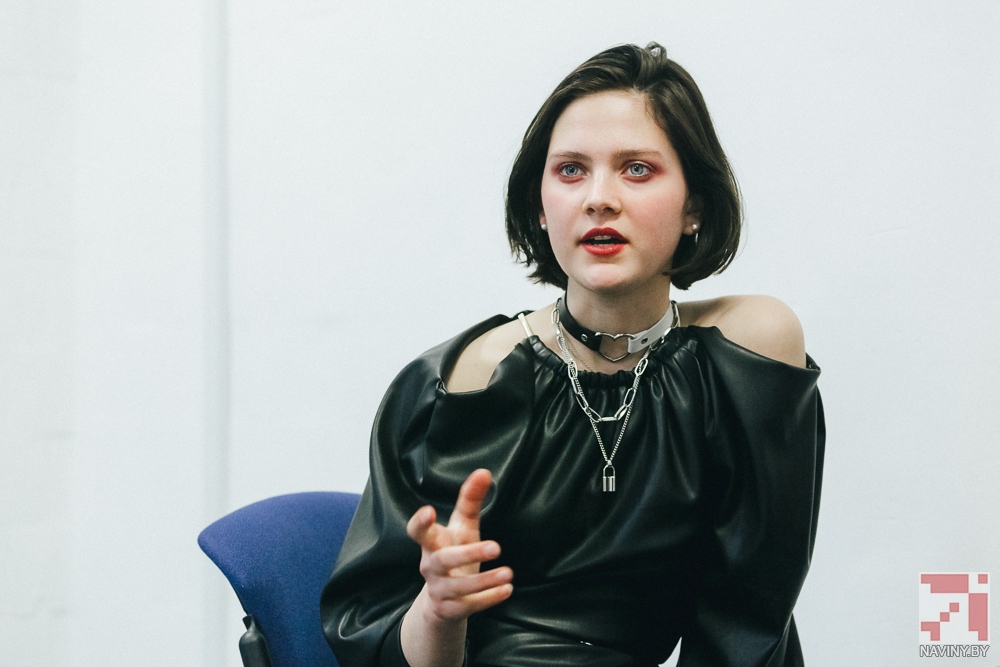
The last arrest was strange. Safiya got a call while at work and was told that she had two days of detention remaining. Then the police came during working hours, picked her up, and brought her back to the Kastrychnitski police office.
“I sat there for two hours, in the end, they told me that they made a mistake and took me back,” says Safiya.
It’s impossible to be afraid all the time
Talking about their detentions, fines and arrests, the sisters joke and laugh.
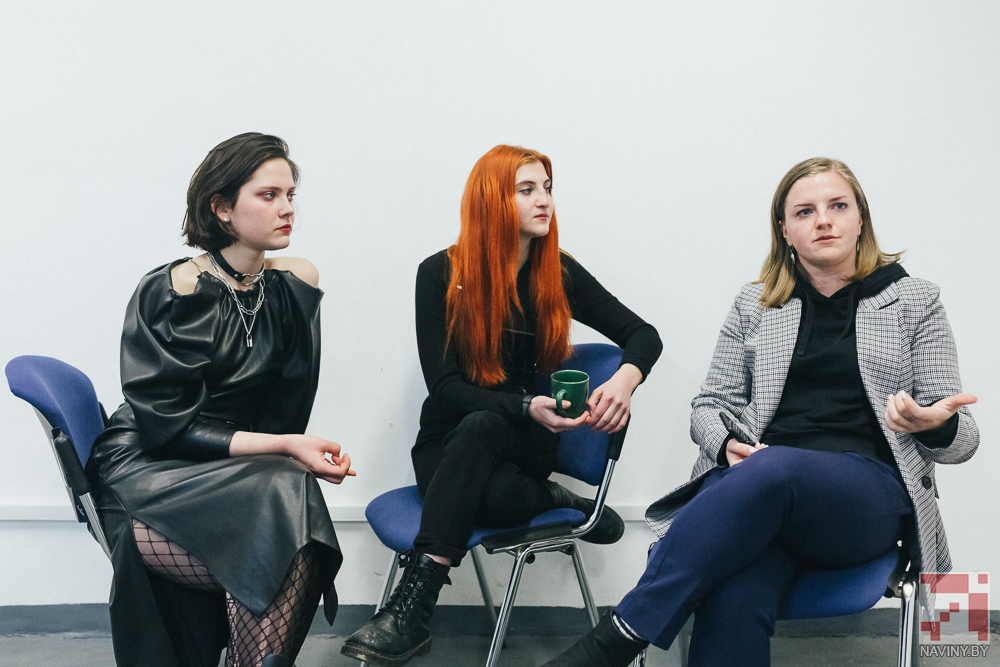
“It’s a defense mechanism,” explains Stanislava. “It is clear that neither of us feels safe since we have been arrested at work, at school, on the street. I’ve been woken up by the fact that OMON was in my bedroom. Within the borders of the Republic of Belarus, you cannot feel safe anywhere, because you understand that the laws, if need be, will not work.”
According to Stanislava, her family’s support helps a lot. “We have only got our mom. She is, of course, very worried when we are arrested, but she is the one who brought us up to stand up for our beliefs. And the rest of my relatives,” Stanislava nods at her sisters and laughs, “are periodically incarcerated themselves, so whoever is free is in charge.”
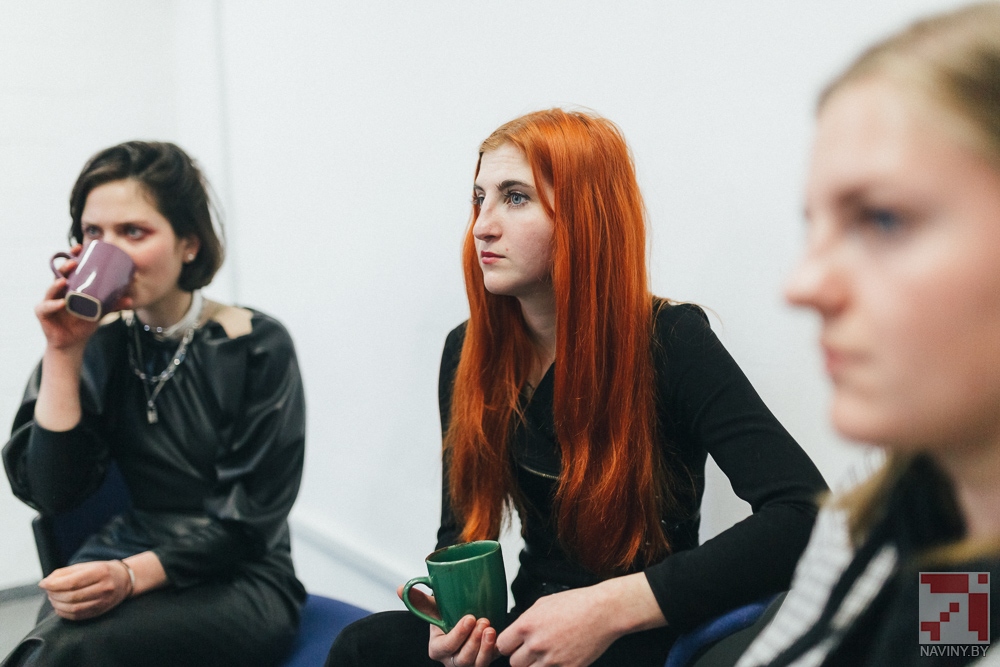
Karalina and Safiya say that working with psychologists has helped them cope with the fear and stress of what is happening.
“Sometimes, of course, unpleasant flashbacks come up, but that’s all right,” says Karalina. “I started working with a psychologist sometime in the autumn, as I was feeling distressed when they started arresting my sisters. There was a time when I was scared of being at home, because all the time you think about that moment when someone will come for you. The first time I was in the police office, I felt safer there, because you know that it can’t get any worse, as they say. And then you step outside the police office and feel sad and scared. But humor helps.”
Safiya admits that at some point she felt severely fatigued and burnt out.
“This is the mind’s defense mechanism. You cannot be stressed and afraid all the time. Therefore, everything [unpleasant] gets pushed back somewhere, as if it does not exist, but it pops back up from time to time, and overall, it does affect mental and physical health. I was flailing from side to side. Working with a psychologist, friends and family helped me get out of it.”
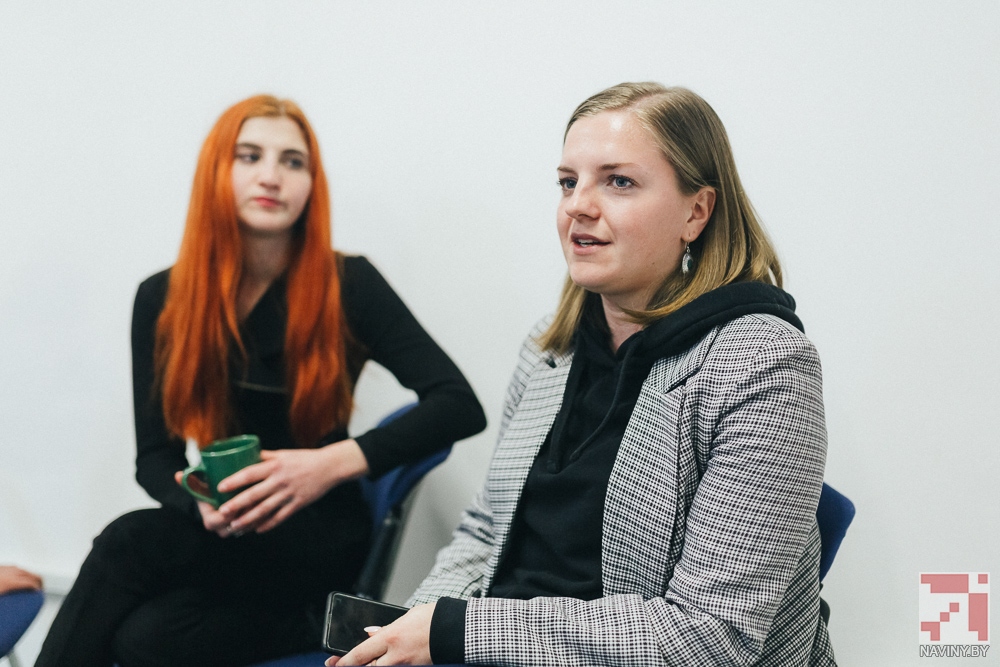
Stanislava adds that it makes no sense to be afraid all the time.
“It’s pointless,” she says. “If you are constantly afraid of all this, you should just leave. And I’ve weighed up everything in my life, and I don’t want to leave. I want to work here. I love my job, I love what I do. I don’t want to leave. Therefore, we have to look for ways to treat all this more philosophically. And humor is one of the ways how not to take everything to heart so that it affects your work and your overall condition.”
Civil society and officials freeze in anticipation
Now the sisters, in addition to their main jobs, were able to return to implementing their initiative “Zadvizh_ka.” In the previous months, they had no opportunity to do it, as helping others took a lot of energy.
“We went to courts to support those who were on trial, and also helped with information, because there were many requests. People didn’t know what to do if a loved one was arrested, and we had already tried many things ourselves and knew what could work,” Stanislava explains. “But now we are trying to push forward the agenda we had at the beginning. Even in spite of what is happening. We work with the community of the city of Vitsebsk, with city projects on the topics of education, additional education, combating discrimination and domestic violence. These are the topics important to us.”
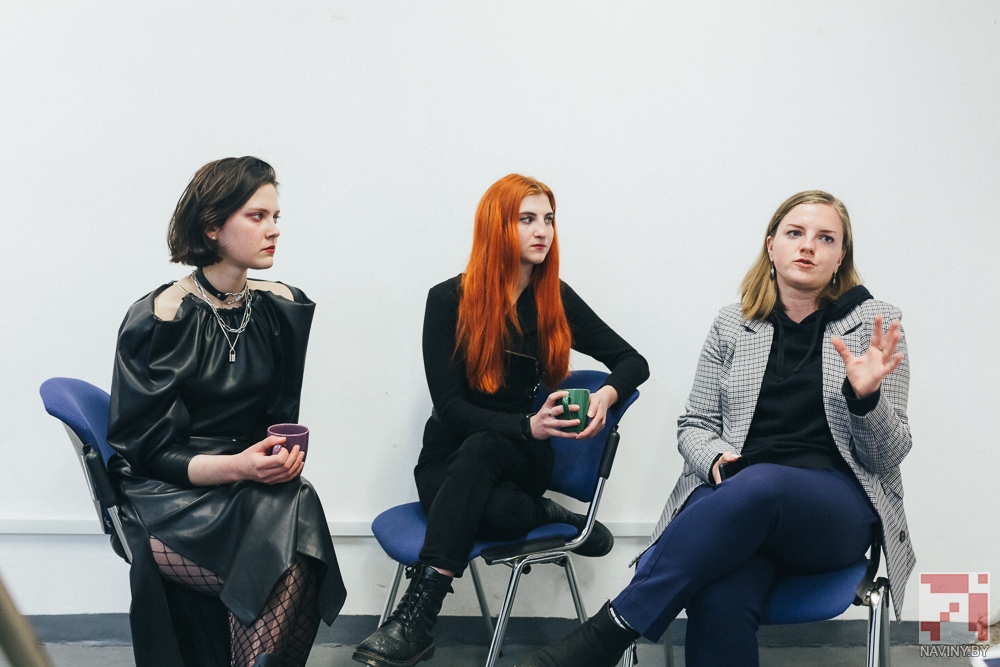
One of the most recent events that the Tsiarentsieu sisters held in early March was a lecture on how violence and abusive relationships are popularised in mainstream culture.
At the same time, they note that the public life of Vitsebsk was influenced not only by the post-election events, but also by the COVID-19 pandemic.
“People now have a very large demand for offline events, because they are tired of online, tired of not having any exhibitions, meetings, events, and so on,” Stanislava says. “On the other hand, people are now beginning to be interested in how and what is happening, how a society should work. And they try to look for answers to these questions, also in public organizations and initiatives. But one also needs to understand that the situation in Minsk or Vitsebsk, as in large cities, may be similar, and small regional centers or villages have a completely different situation, a completely different attitude towards NGOs and to what is happening in our country. And completely different access to educational and outreach activities.”
Another important point is the attitude of local authorities to what the noncommercial organizations are doing.
Previously, Vitsebsk stood out favorably by the fact that local officials were open to dialogue with the civil society and activists, assisted in organizing events and even participated in them. Nowadays, no one really tries to establish dialogue [with the officials].
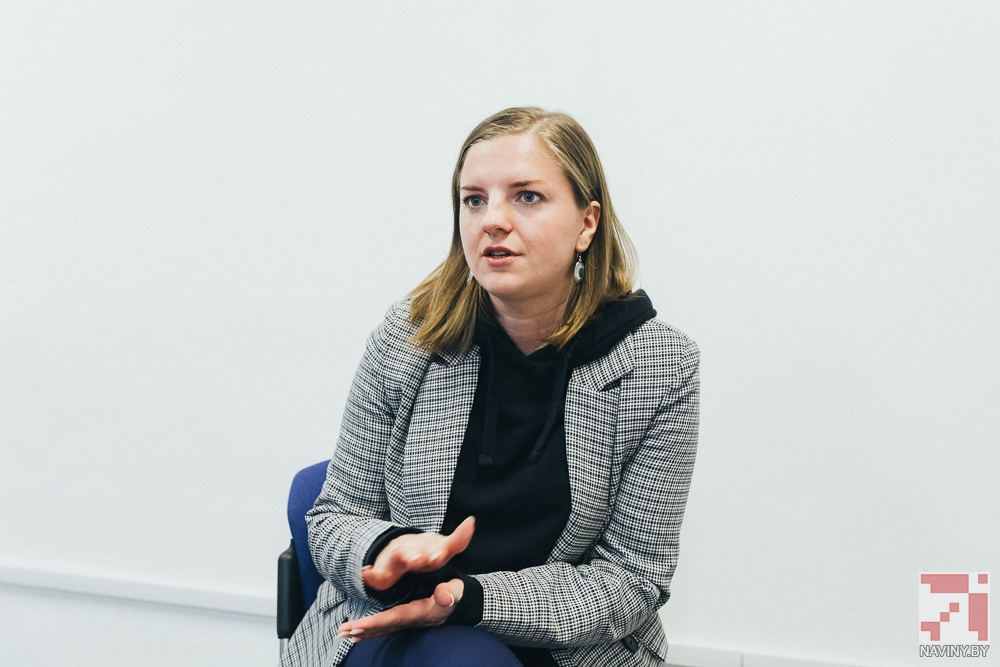
“This is a two-way situation,” Stanislava explains. “On the one hand, as in Minsk, many organizations made an ethical decision not to cooperate with the representatives of government bodies, because they somehow support this system. On the other hand, officials themselves are afraid to take a step, because now there is no clear algorithm. It is unclear how their consent to something or participation in some event will reflect on them, how it might backfire. When there are no clear mechanisms and procedures, people are cautious. Now there is such a downtime when many are sitting tight.”
We are all running a marathon, not a sprint
When asked whether they share the sentiments of those who believe that the protests have lost and no changes can be achieved, the sisters answer in chorus: “No!”
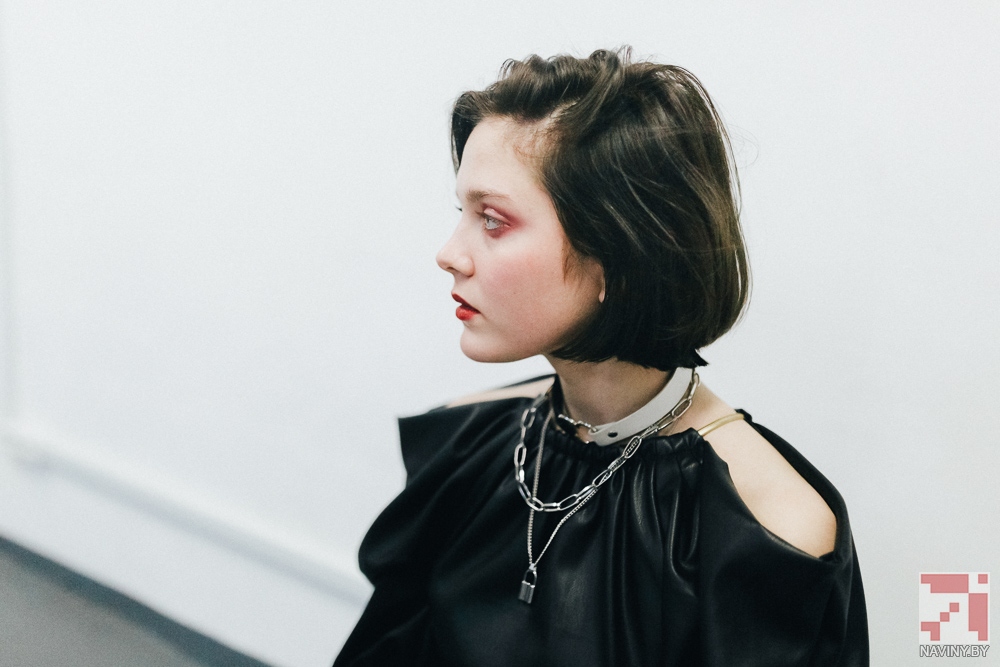
“I understand those who say so, because they faced very strong repressions, they were very burned out, very tired. Those people need rest and psychotherapy,” says Safiya. “And this is normal: when you invest heavily, fully and sincerely, and face violence and criminal cases, then you get disappointed or tired of it all. It seems to me that now is a time when everyone needs to recover a little.”
Stanislava is convinced that what happened changed our society.
“Life won’t be the same as it was before,” she notes. “But sometimes you want quick victories, run a sprint, but we have a long marathon, there are a lot of factors and events that influence what is happening. Clearly, this is all going to drag on. Before that, everything lasted 26 years and it cannot go away in one day. But people have changed, they will no longer accept it. More time is needed.”
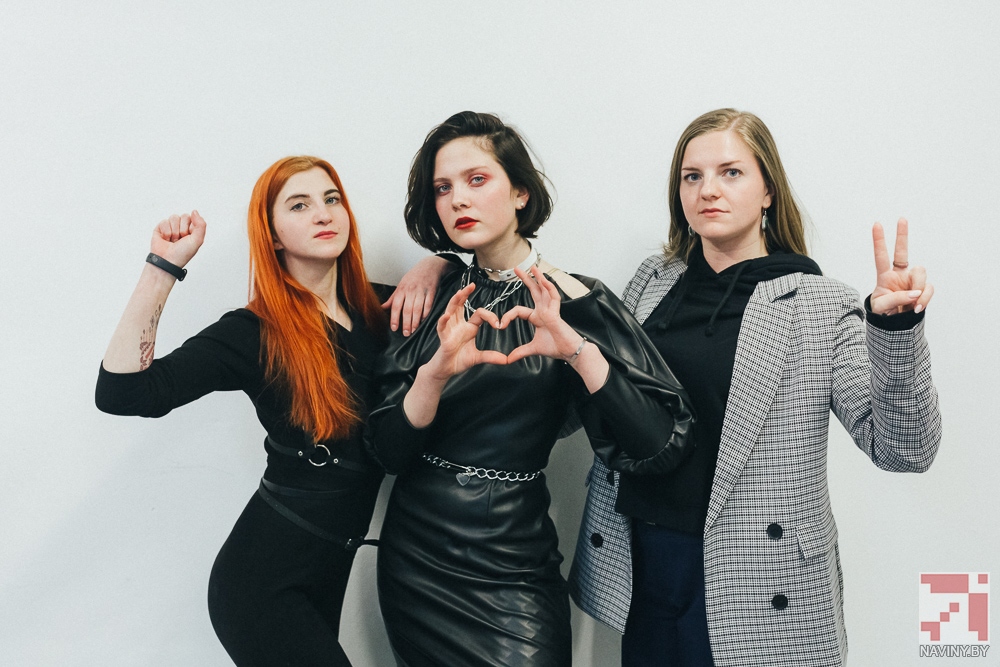
Stanislava also says that, despite all the difficulties, it is important not to depreciate what happens to you and other people.
“There is a situation when, instead of supporting initiatives and people who are trying to change something, people begin to criticize, condemn, and devalue the significance [of any efforts]. And this is very demotivating and strongly affects the general mood,” she emphasizes.
“I’m still optimistic,” Karalina adds. “One time the police were trying to figure out what my civic stance was. And I answered: ‘Positive.’ And they didn’t understand what positive meant. And positive means that I see light at the end of the tunnel, and that’s great.”